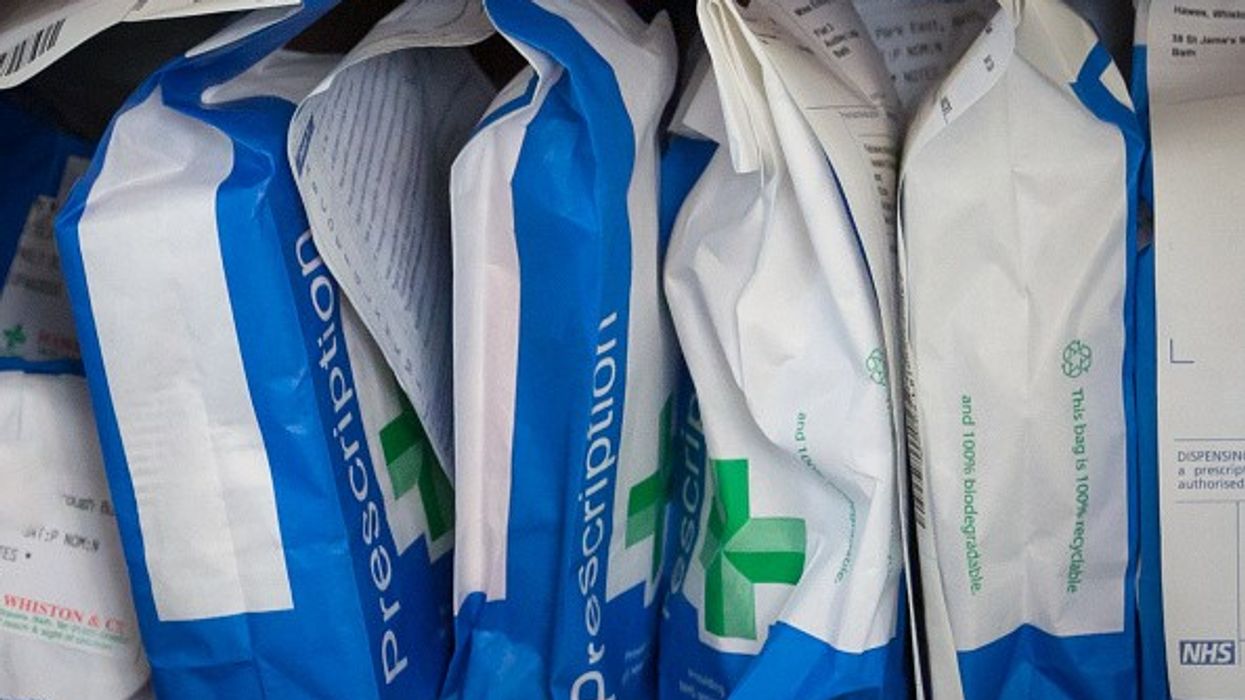NHS funding falls way short of the price local pharmacies have to pay for many common medicines
The National Pharmacy Association (NPA) has raised the alarm that many community pharmacies are facing losses on NHS prescriptions due to the “broken” funding system.
An analysis of prescription drug prices by the NPA revealed that pharmacies are being underpaid by the NHS by up to £75 a pack for common medicines, resulting in losses of thousands of pounds each month.
The analysis report released today (16 October) shows the government reimburses £18.06 for a 56-tablet pack of Amantadine, a drug used to treat Parkinson’s symptoms.
However, the market price of the drug is £94.05 per pack, leading to a loss of £75.99 per 56-tablet pack for pharmacies—amounting to a shortfall of over £1 per tablet.
In some instances, NHS funding covers only one-fifth of the cost that pharmacies have to pay for medicines, according to new figures from the NPA.
A survey of small independent community pharmacies also found that 85 per cent often make a net loss on NHS prescribing.
Paul Rees, CEO of the NPA said: “It is nothing short of a national scandal that pharmacies have to dig deep into their own pockets just to cover the cost of basic medicines that they dispense to patients in need of treatment. No other health professional would be asked to subsidise a key NHS service.”
He stated that the funding system for medicines, which millions of patients rely on, is “utterly broken.”
Furthermore, Rees stated that the government's ambitions to expand the role of pharmacies, which they share, “cannot happen whilst they are being forced to closing at record numbers by chronic underfunding.”
“The government must step in now to halt pharmacy closures, fix the broken funding system and deliver a new deal for pharmacies which will end the terrible toll of closures and cuts to services,” he added.
A national NHS Drug Tariff, funded by the Department of Health, is designed to cover the costs of medicines purchased by local pharmacies from suppliers.
However, an analysis by the NPA of the difference between wholesale medicine costs and NHS funding rates found that government funding falls way short of the price local pharmacies have to pay for many common medicines.
A snapshot of prices carried out on 7 October also found that:
Pharmacies are paid £1.72 to dispense a pack of Escitalopram, a common anti-depressant, but it costs them £9.08 to buy from suppliers – more than five times the amount they are reimbursed by the government. A pharmacy would lose £7.59 per pack they dispense to a patient.
- Pharmacies are paid £3.16 to dispense Lorazepam, an anti-anxiety medication. However, it costs them £10.75 to buy in from a supplier, around 3.5 times more than this. A pharmacy would lose £7.59 per pack they dispense to a patient.
- Etoricoxib, an anti-inflammatory drug to treat conditions such as rheumatoid arthritis, costs pharmacies £19.47 to buy from their supplier per pack. However, they receive £6.75 from the NHS to dispense the medication, a third of the cost. A pharmacy would lose £12.72 per pack they dispense to a patient.
An NPA survey conducted earlier this year showed that many existing pharmacies have been compelled to take drastic measures to stay open, with 64 per cent of independent pharmacy owners stating that they have borrowed money from family and friends or used their savings due to financial pressures.
The association, which represents independent community pharmacies in the UK, highlighted that chronic underfunding was placing intolerable financial pressure on pharmacies, leading to the closure of more than 1,500 in the past decade.
NHS funding accounts for 90 per cent of an average community pharmacy’s income, but it has fallen by 40 per cent real terms cuts since 2017, the NPA stated.
Recently, the NPA launched its first-ever ballot of its members in over 100 years, asking whether they should implement collective 'work to rule' measures if their funding situation does not improve.













